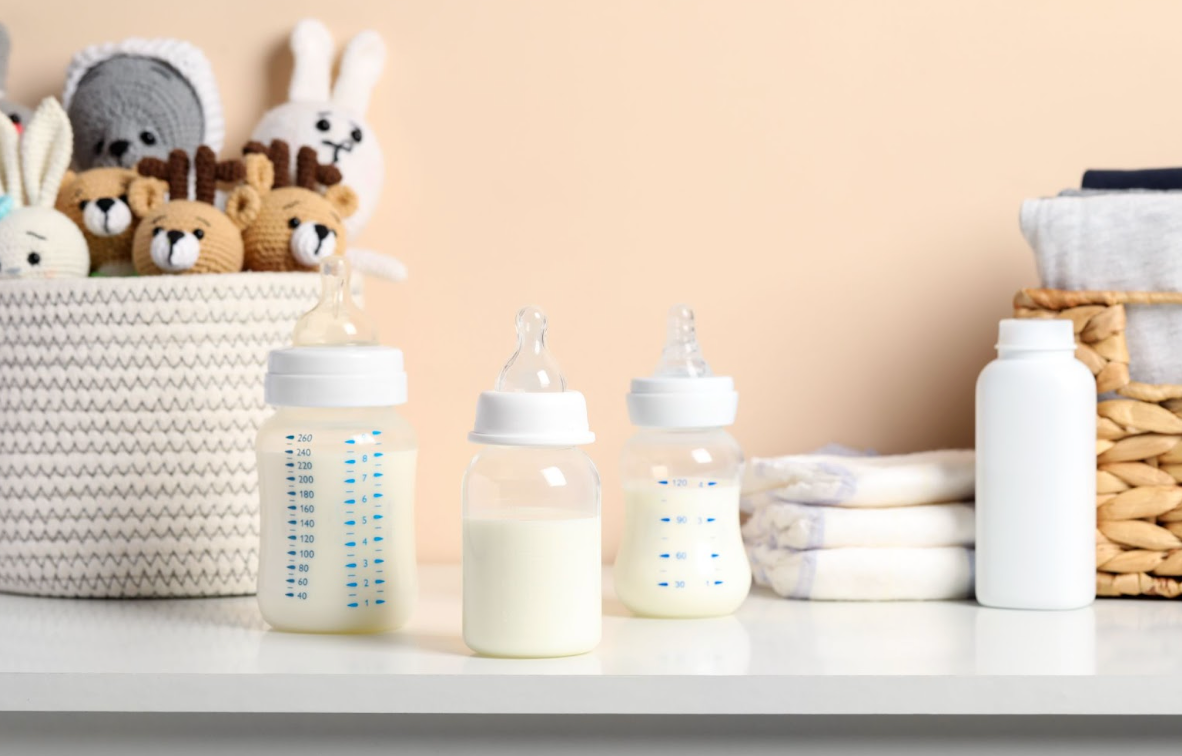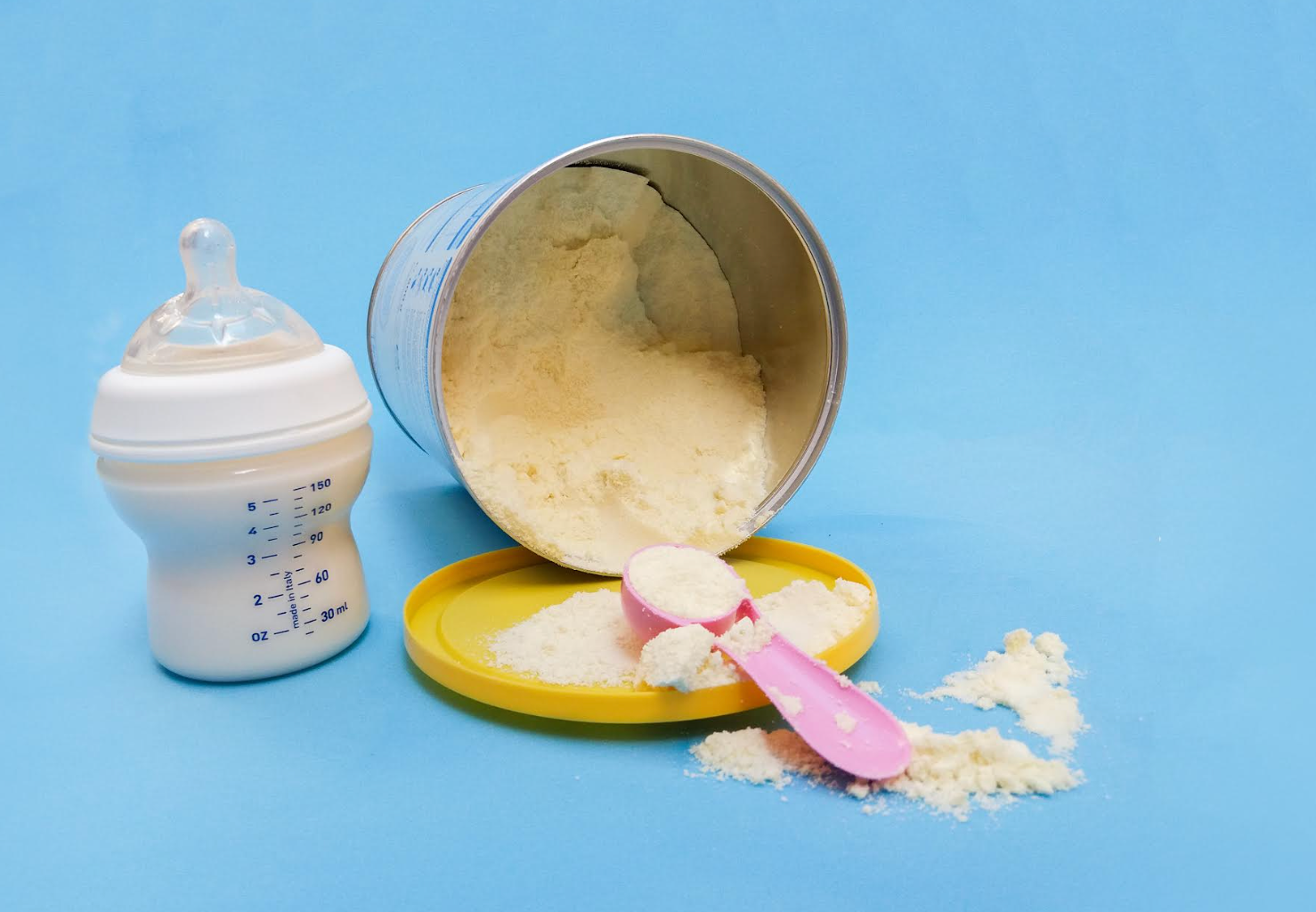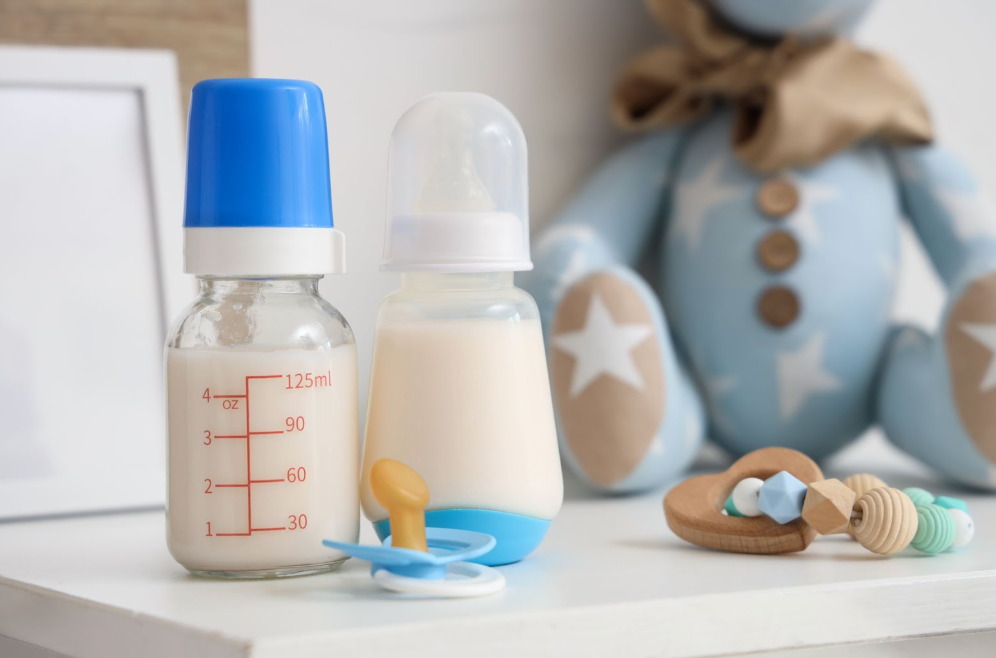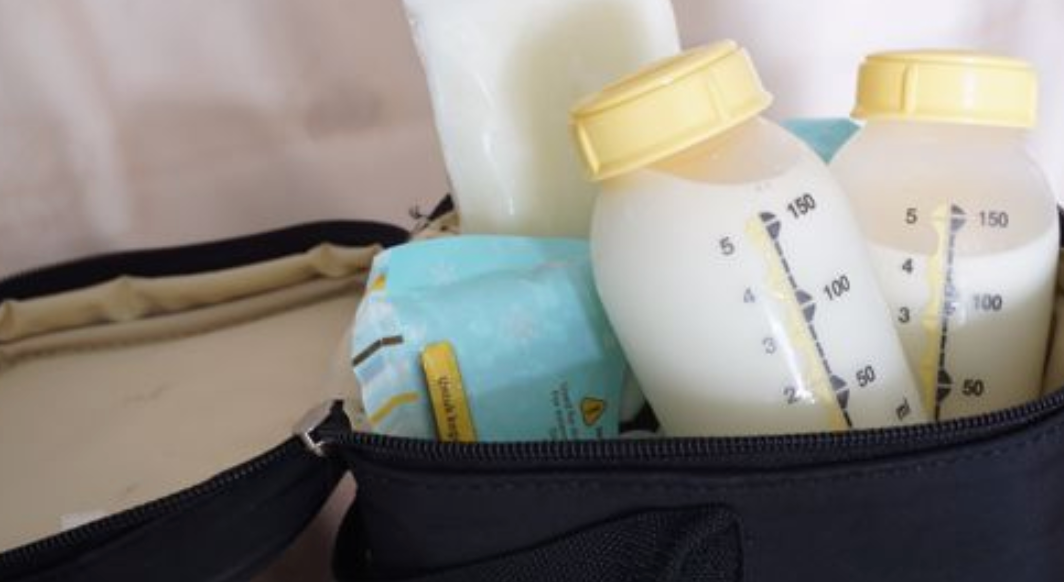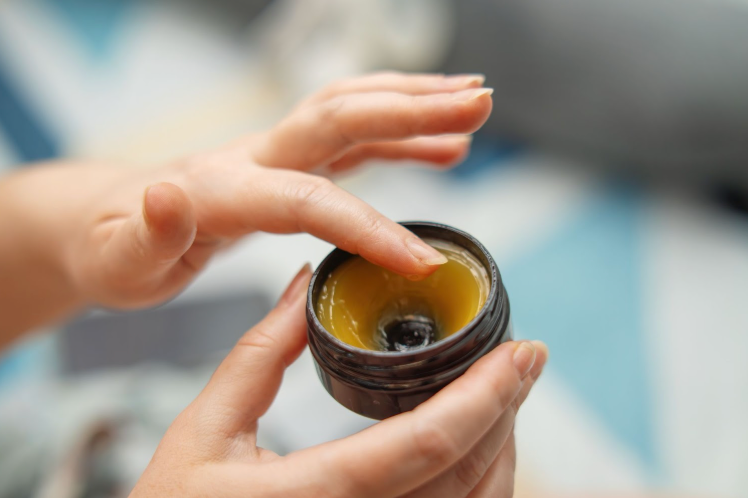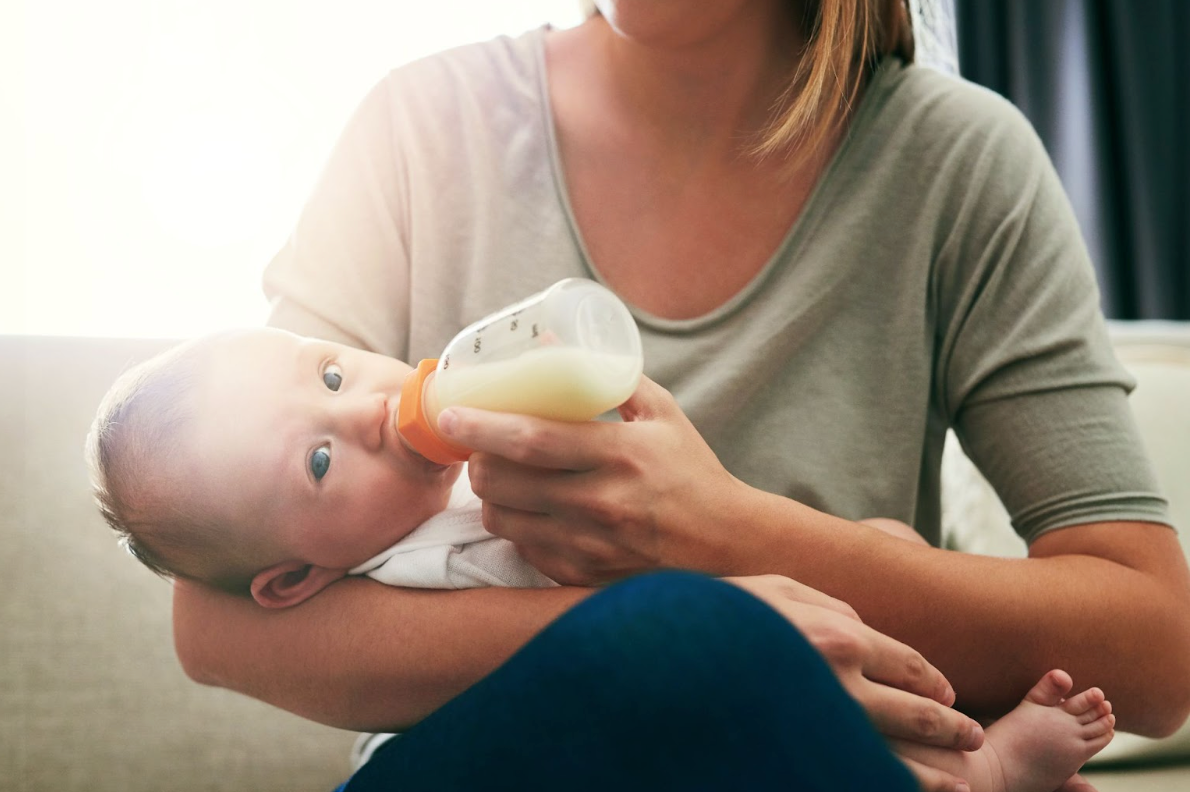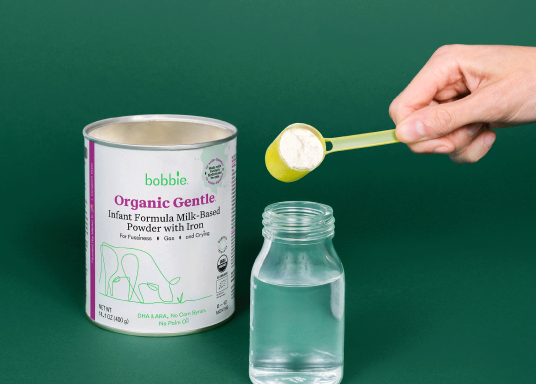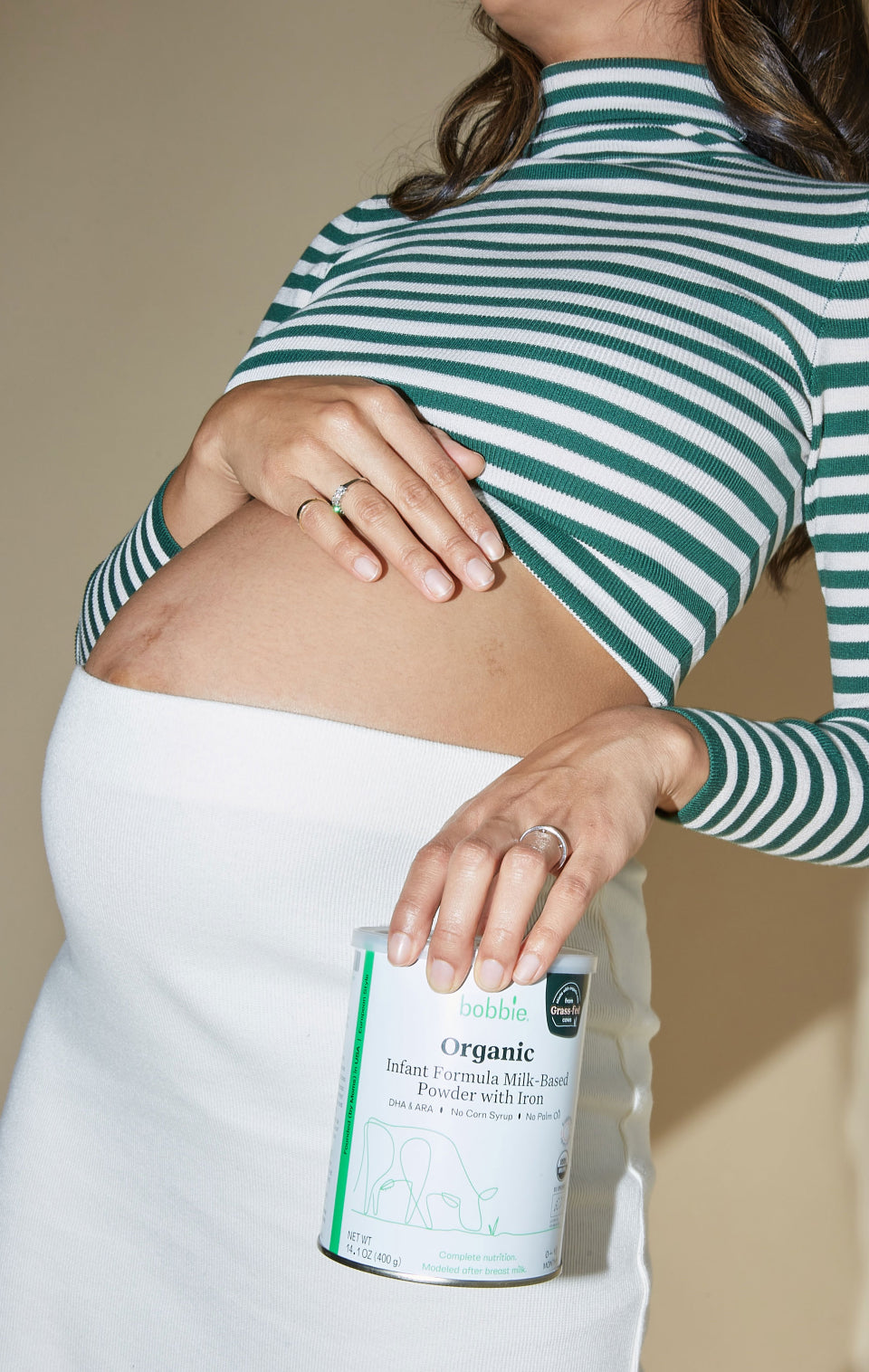Published June 22, 2023
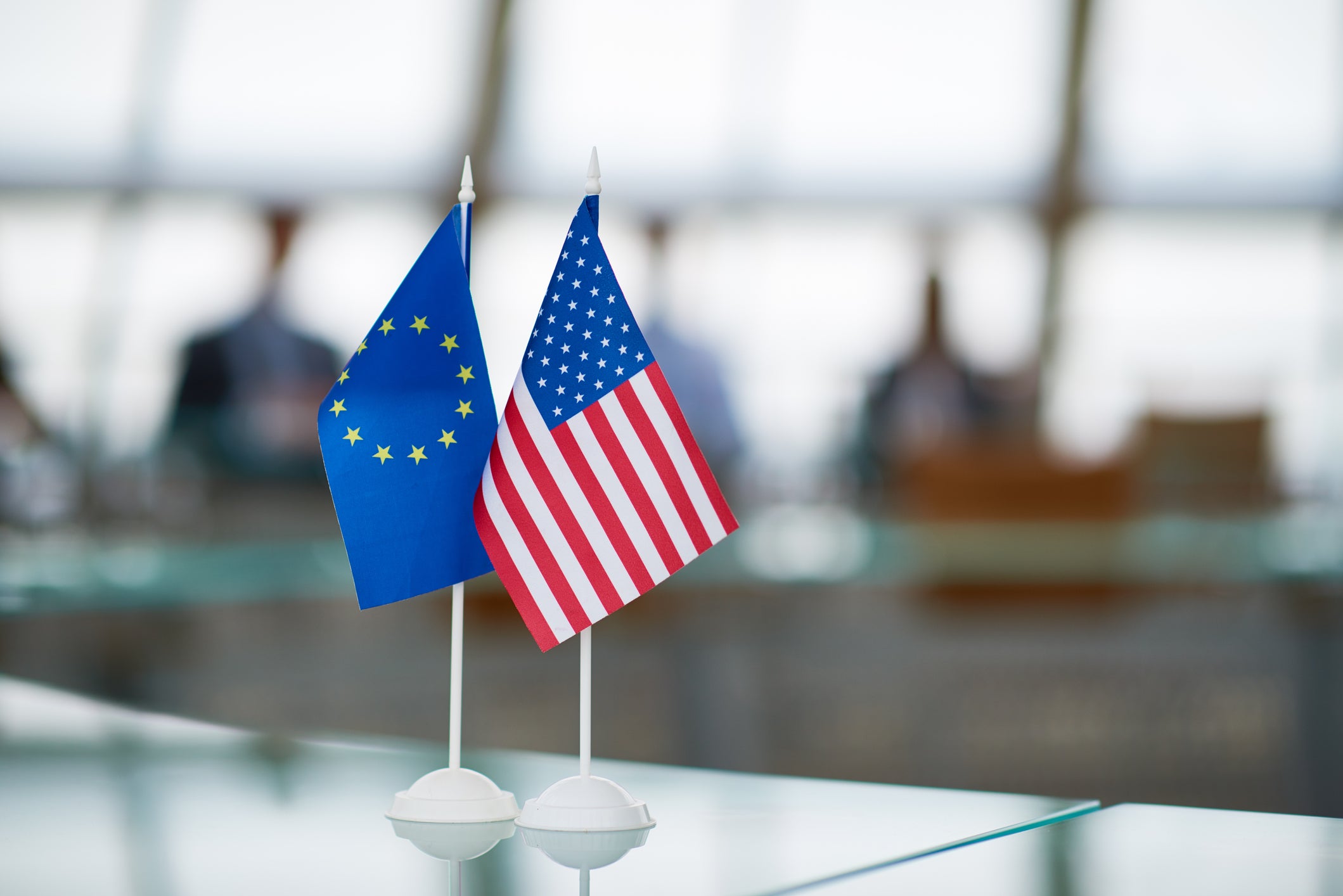
European Baby Formula vs. American Baby Formula
Everyone wants what’s best for their baby. This is especially true when it comes to choosing a baby formula, whether to feed in combination with breast milk or as your baby’s sole food source. Some parents believe that European baby formula is higher quality and overall better for their baby. But is European baby formula better? While some parents (as many as 20% in some areas, like New York City!) choose to import formula options from Europe instead of using domestically-produced U.S. formula, importing non-FDA compliant baby formula can come with serious risks.
Let’s discover the similarities and differences between European and American infant formulas, and the risks that may come with importing baby formula from other countries.
What is European Baby Formula?
European baby formula is infant formula that is manufactured and distributed in Europe— typically from Germany, the United Kingdom (U.K.), or the Netherlands. While some European baby formula is allowed to be legally distributed in the U.S. via the Food and Drug Administration’s (FDA) enforcement discretion pathway (such as Kendamil or Aptamil), others are not approved for U.S. distribution (including HiPP, Holle, Lebenswert, and more).
Bobbie infant formulas are clean, EU-style infant formulas that meets all FDA requirements. They are complete nutrition, milk-based powder, modeled after breast milk and is easy on tummies. They are all non-GMO and do not have corn syrup, palm oil, or maltodextrin. Shop Bobbie today!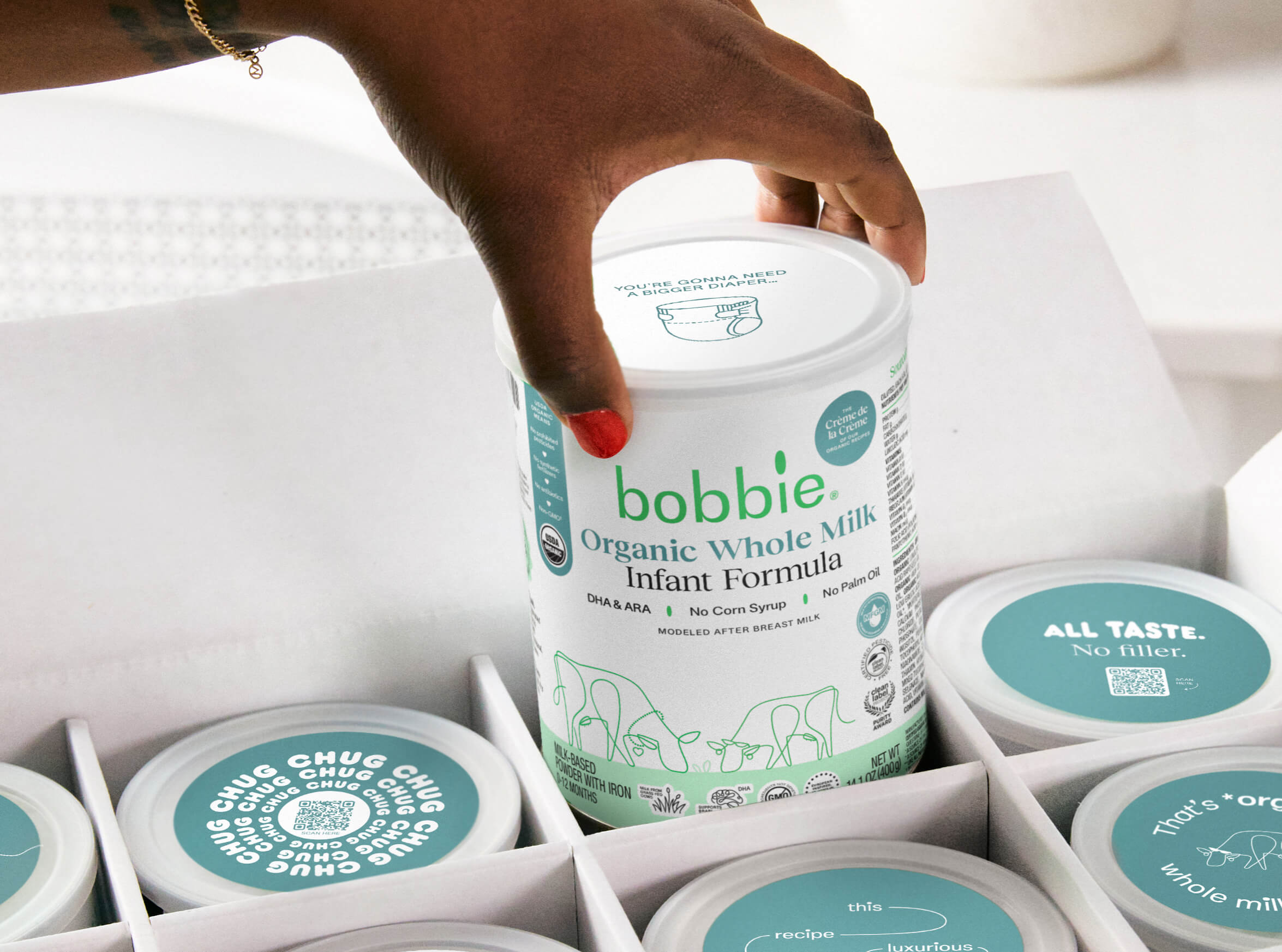
Shop Bobbie Baby Formula

How is European Baby Formula Different Than American Baby Formula?
There are a few differences between European and American baby formula, largely relating to regulations and requirements for their respective formula recipes. For European baby formula, ingredients such as goat milk and whole cow milk are allowed in their formulations and have been for years, while whole milk formulas weren’t allowed in the U.S. until 2022. European formula manufacturers are restricted from using corn syrup or corn syrup solids in their recipes, and are also limited in the total volume of carbs that can come from sucrose (table sugar).
European baby formulas are also required to have a certain amount of DHA, which is a fatty acid that’s abundant in breastmilk and linked to brain and eye development, while the U.S. has no requirement for DHA at all. Lastly, European baby formulas are staged by age group. This means that once your baby hits a certain age, they can move on to a different stage of formula. Typically, stage 1 formulas are for 0-6 or 0-12 months and include lower levels of iron and more whey protein, while stage 2 formulas are for infants 6-12 months and include higher levels of iron and more casein protein.
Similarities between European Baby Formula and American Baby Formula
It’s important to note that there are more similarities than differences between European baby formulas and American baby formulas. These similarities include:
- Strict regulation by each region’s respective governing body
- Similar nutrient guidelines for both macronutrients (protein, carbs, fat) and most micronutrients (vitamins and minerals)
- Similar ingredients, including milk, lactose, coconut oil, sunflower/safflower oil, and soy, palm or canola (also known as low erucic acid rapeseed) oils
- Similar requirements for organic certification, with the exception of antibiotic use which is allowed in some cases in Europe but not on U.S. organic farms
Is American or European Baby Formula Better?
Neither American nor European baby formula is better! An infant formula’s quality depends on the baby formula’s ingredients, not the location where it’s manufactured. In fact, some U.S. baby formula manufacturers follow EU guidelines for iron, DHA, and corn syrup restrictions as well as meeting all FDA guidelines.
Additionally, there are some benefits to U.S. formulas that E.U. formulas lack. For example, the FDA’s broader allowances in terms of carb sources that can be used in infant formula contributes to the wide variety of formulas available in the U.S. It’s also important to note that many beloved European baby formulas include palm oil which can result in decreased calcium and fat absorption and isn’t always ethically sourced.
Remember, what’s ultimately best is finding an infant formula that you feel good about and that your baby tolerates.


Your go-to resource for all things new baby.
Sign up to get the scoop on feeding, sleep, poop, and so much more.
By singing up for email, you are to receive marketing emails from Bobbie and can manage your email preferences or unsubscribe at anytime
Risks of Importing European Baby Formula from a 3rd Party Marketplace
Some American parents turn to third-party websites to purchase and import non-FDA-regulated European baby formula. Unfortunately, this comes with risks and the American Academy of Pediatrics warns against doing so. These risks can include:
- Exposure of formula to high temperatures due to longer transportation times and unregistered warehouse storage
- Lack of notifiability in case of a recall of a European infant formulas
- Product seizure at U.S. customs without the ability for a refund
- Malnutrition due to incorrect formula preparation as a result of mixing instructions in a foreign language
- Increased costs as the parent is paying both the manufacturer and the 3rd party import company
Bobbie: E.U. Quality With U.S. Safety
You don’t have to go across the pond to purchase a quality baby formula for your little one!
Bobbie is an American infant formula company whose products meet many of Europe’s nutritional standards while offering the safety and convenience of a product made domestically and delivered straight to your door. Bobbie offers both flagship Organic and Organic Gentle formulas that are EU and USDA certified organic, fully FDA-compliant, and meet EU standards for DHA and iron. Bobbie includes no corn syrup and features a fat blend with no soy as well as no palm oil.
With Bobbie, you get the benefits of a European style product without the risks of black-market import. And the best part? Bobbie was founded by two moms who wanted the best for their babies, just like you.
Bobbie infant formulas are clean, EU-style infant formulas that meets all FDA requirements. They are complete nutrition, milk-based powder, modeled after breast milk and is easy on tummies. They are all non-GMO and do not have corn syrup, palm oil, or maltodextrin. Shop Bobbie today!
Shop Bobbie Baby Formula

The content on this site is for informational purposes only and not intended to be a substitute for professional medical advice, diagnosis or treatment. Discuss any health or feeding concerns with your infant’s pediatrician. Never disregard professional medical advice or delay it based on the content on this page.














